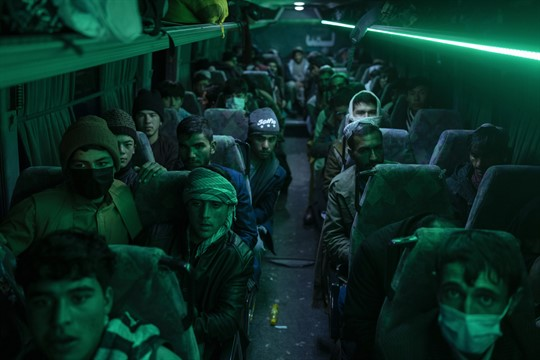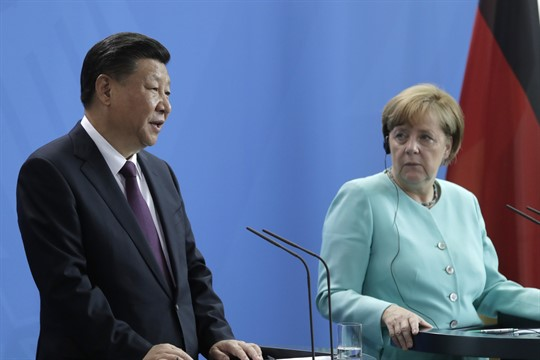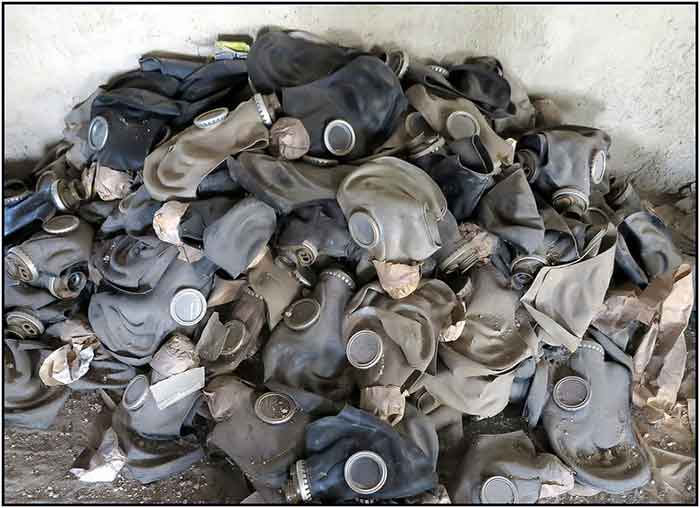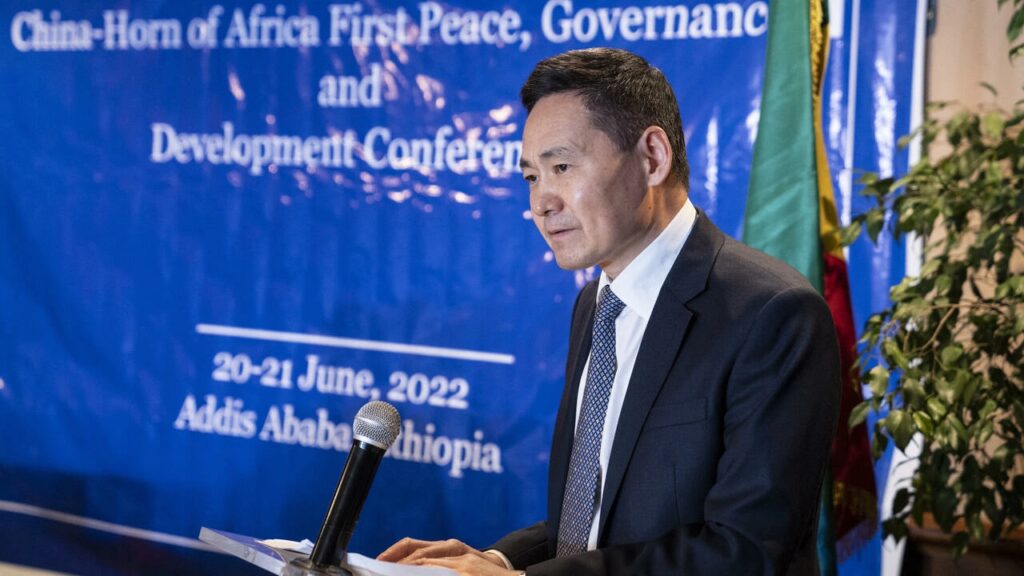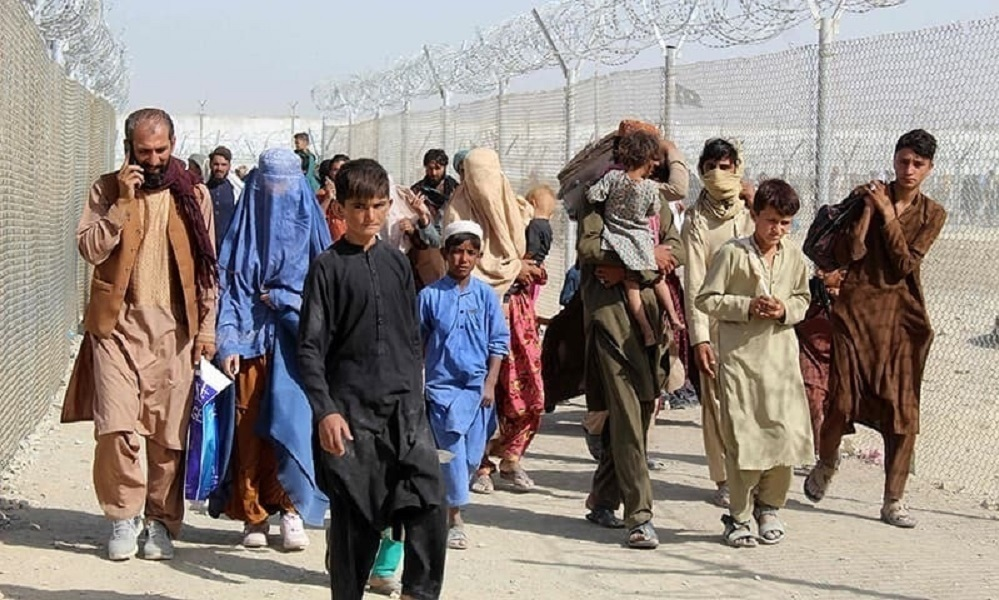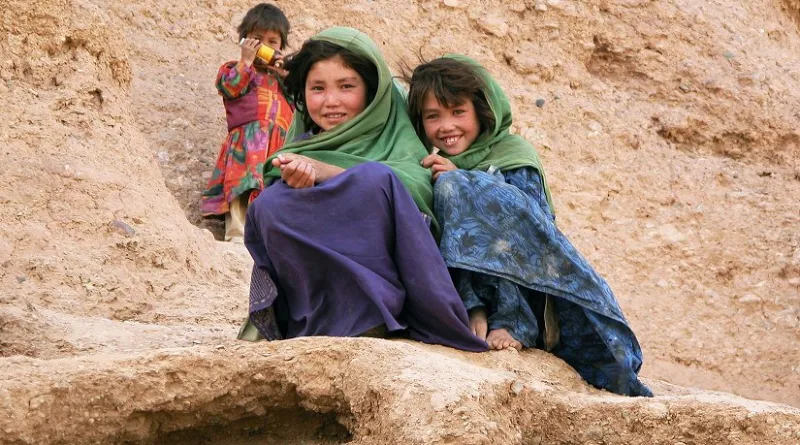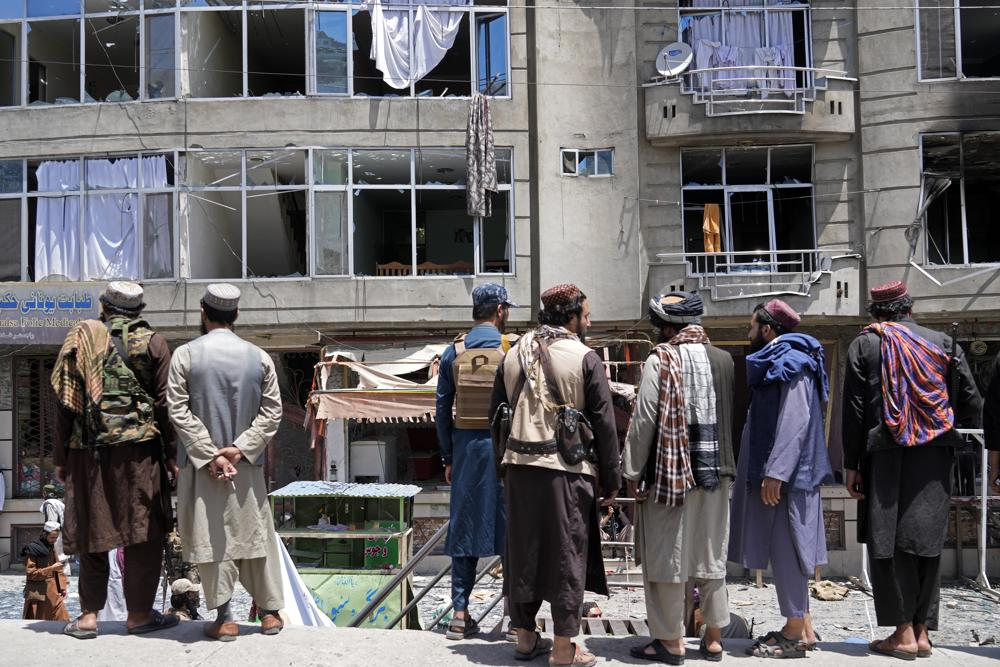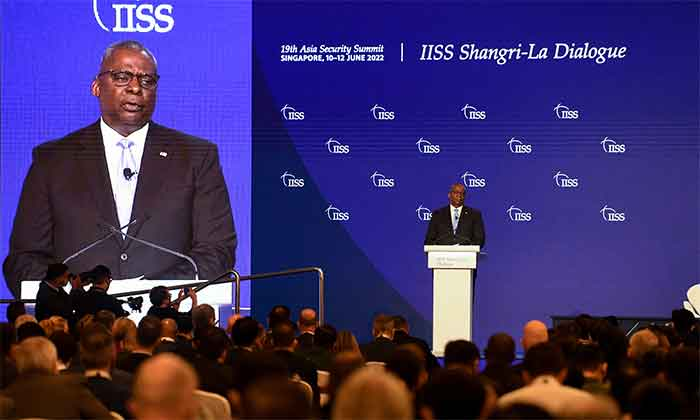US announces plans to flood Europe with troops and weapons
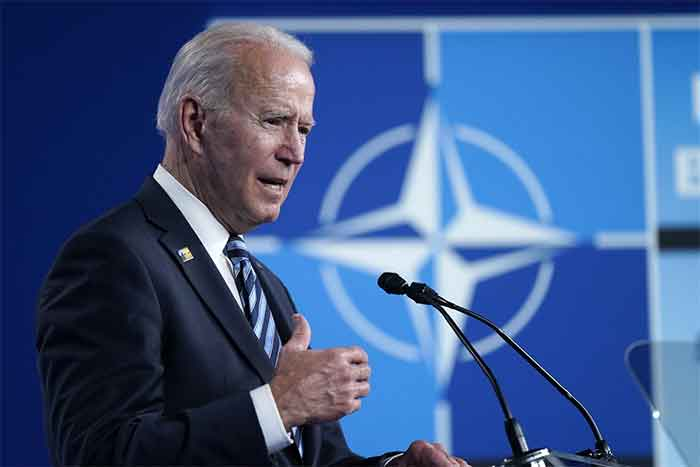
In remarks at the NATO Summit in Madrid, Spain, US President Joe Biden announced a sweeping increase in US troop deployments to Europe as part of a plan by NATO to militarize the continent for its ongoing war with Russia and escalating conflict with China.

